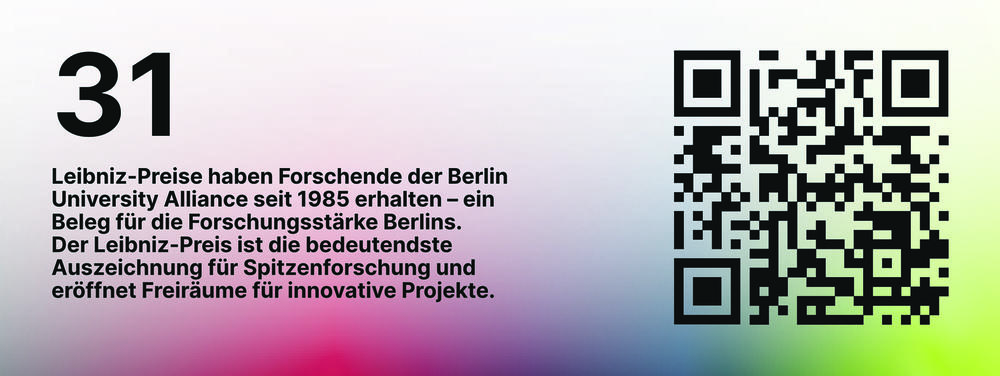The 100 most important heads in Berlin academia. Edition 7: They see waste as a resource, promote the energy transition, and find materials for the circular economy
Oct 07, 2025
They see waste as a resource, promote the energy transition, and find materials for the circular economy. These researchers are making a future possible that does not consume the planet.
- PistonMiner (Technische Universität Berlin): The small satellite called “Beesat-1” had been orbiting the Earth without function since 2013. The ten-centimeter cube responded to radio queries only with junk data, so its inventors at the Technical University of Berlin had already given up on it. PistonMiner is studying computer science at the TU and discovered at the end of 2024 that a programming error was the reason for the failure. A clever software update brought the scrap cube back to life. Since then, the camera, which takes photos from an altitude of 700 kilometers, has also been working for the first time.
-
Julia Bauer, Mathias Bösl, and Arno Zimmermann from the startup Spark E-Fuels: The team led by Technische Universität Berlin graduates Julia Bauer and Arno Zimmermann wants to convert the greenhouse gas carbon dioxide into petroleum—in other words, turning a problem into a raw material. One focus is on sustainable kerosene, which the aviation industry urgently needs. A pilot plant is currently being built in Adlershof and is scheduled to go into operation in early 2026.
-
Prof. Dr. Robert Arlinghaus (Humboldt-Universität zu Berlin): The professor of fisheries management at Humboldt-Universität and head of department at the Leibniz Institute of Freshwater Ecology and Inland Fisheries is researching why stocks of carp, pike, and cod are declining in seas, rivers, and lagoons. In order to find ways to use water bodies sustainably, he also sits down with recreational anglers and industry representatives. His work has won awards, most recently the Frontiers Planet Prize.
-
Prof. Dr. Philipp Adelhelm (Humboldt-Universität zu Berlin): The technology behind sodium-ion batteries is based on common salt, making it more cost-effective and environmentally friendly than the more common lithium-based energy storage devices. Adelhelm recently received the Berliner Wissenschaftspreis (Berlin Science Award) for his research in this promising field. This is reason enough to include the HU professor, who also heads a research group at the Helmholtz-Zentrum Berlin, once again in this list, in which he was already represented in 2023.
They were all featured today in the Tagesspiegel (October 7, 2025) as part of the series “The 100 most important minds in Berlin academia. More in the Tagesspiegel (T+, in German).

